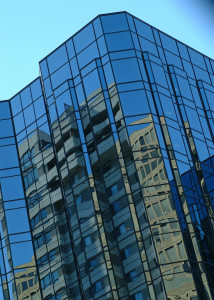Employees – How to Report Mold in Your Workplace to Your Manager

Is Mold Making You Sick in Your Office?
You may be putting your health in jeopardy if you’re working in a place that has a serious mold problem. As you may know, it doesn’t take time for mold to spread. As it spreads, it can cause respiratory issues and other health concerns.
As an employee, you have the right to a safe work environment. When it comes to mold removal in New Jersey, employers know they need to act quickly. If you’re not sure how to report a mold problem, we’d like to help you.
Steps to Take to Report Mold at Work
Here, we’ve broken down exactly what steps you should take if you discover a mold problem in your place of employment:
– Report it to your manager immediately through email. This gives you a record of your report.
– Be specific. Include the location of the problem, what it looked like, and its size.
– Talk about any surrounding issues that you feel may be contributing to the problem. An example might be moisture in the basement. Make sure to mention any recent leaks or other issues that could be the cause.
– If a response doesn’t come right away, talk with the manager in person.
– Contact your local OSHA office if nothing is being done to remedy the problem quickly.
Protecting Yourself From Mold Exposure
Once you’ve reported the problem, you need to protect yourself. If you’ve been exposed to the mold for a long time, it’s wise to see a doctor. You need to know that you’re health hasn’t been affected.
At Stern Mold, we offer mold removal in New Jersey. We can help if you have a mold problem. Contact us!




